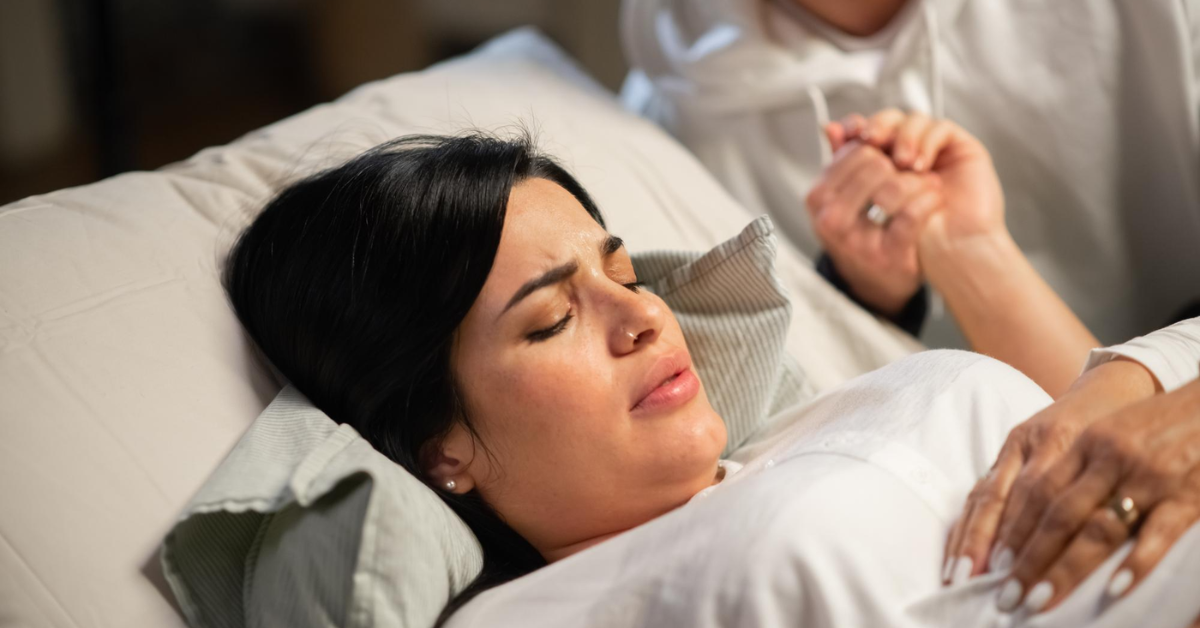Snoring is a common sleep-related condition that affects people of all ages. It occurs when airflow through the mouth and nose is partially blocked during sleep, causing surrounding tissues to vibrate and produce sound. While occasional snoring may be harmless, chronic or loud snoring can indicate a more serious health issue such as obstructive sleep apnea (OSA).
Symptoms of Snoring
The primary symptom is a loud, harsh sound during sleep. However, other associated symptoms may include:
- Pauses in breathing during sleep
- Gasping or choking at night
- Excessive daytime sleepiness
- Morning headaches
- Dry mouth or sore throat upon waking
- Difficulty concentrating during the day
If snoring is accompanied by breathing interruptions, it may be a sign of sleep apnea and requires medical evaluation by a qualified Doctor in Indore.
Causes of Snoring
Snoring can result from several factors that narrow the airway, including:
- Nasal congestion due to allergies or sinus infections
- Obesity, which increases fatty tissue around the neck
- Alcohol consumption, especially before bedtime
- Sleeping position, particularly lying on the back
- Enlarged tonsils or adenoids
- Structural problems like a deviated nasal septum
Age can also contribute, as throat muscles naturally weaken over time, increasing the likelihood of airway collapse during sleep.
Diagnosis of Snoring
A Doctor in Indore will usually review your medical history, sleep habits, and symptoms. A physical examination of the nose, throat, and neck may be performed to identify any obstruction. If sleep apnea is suspected, a sleep study (polysomnography) may be recommended. This test monitors breathing patterns, oxygen levels, heart rate, and brain activity during sleep to provide an accurate diagnosis.
Treatment Options
Treatment depends on the underlying cause. Mild snoring may improve with lifestyle changes such as:
- Weight management
- Avoiding alcohol before bedtime
- Sleeping on your side
- Treating nasal allergies
For moderate to severe cases, medical treatment may include CPAP therapy, oral appliances, or surgical correction. Early diagnosis by an experienced Doctor in Indore can significantly improve sleep quality and overall health.


